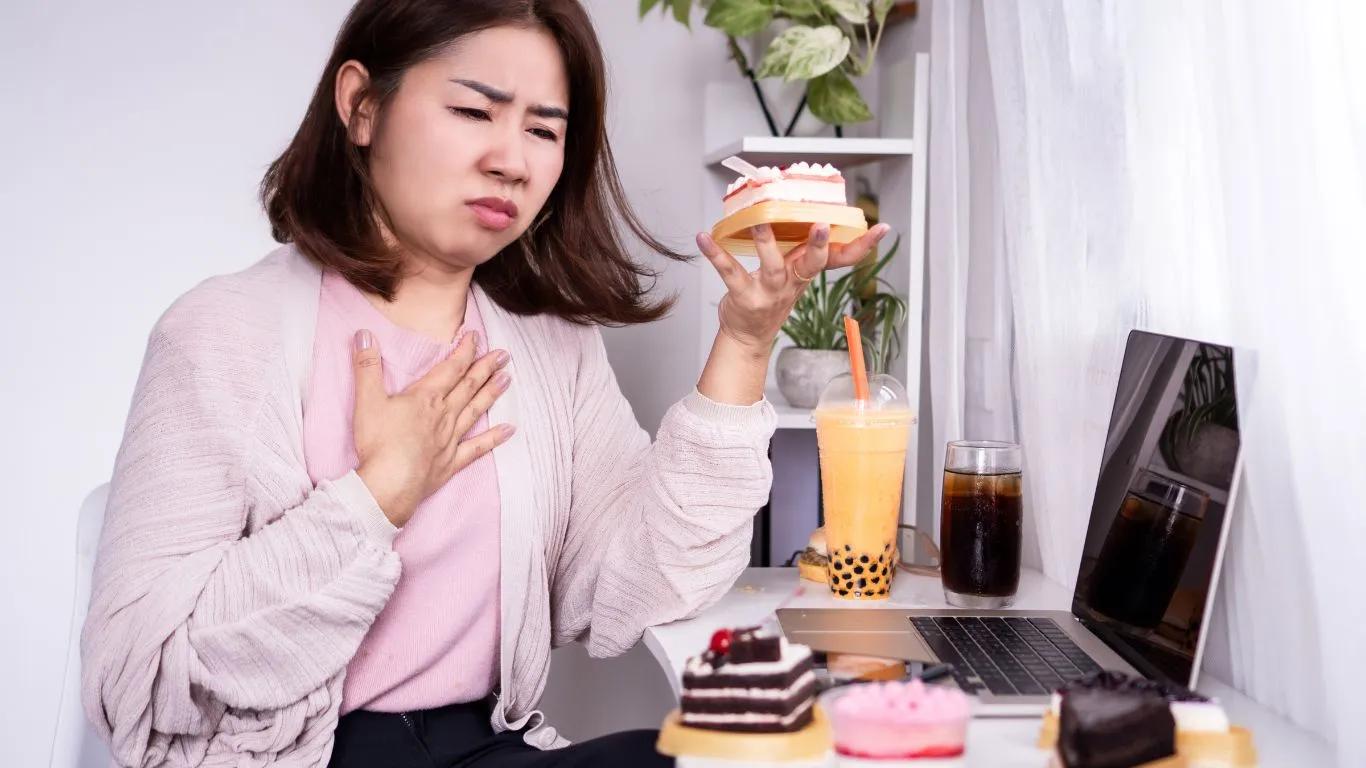
I used to think that high blood pressure was something that happened to “other people.” You know the type—middle-aged men glued to office chairs, constantly downing black coffee, yelling into phones, living off microwave meals. Definitely not someone like me. I was active. I cooked at home. I didn’t drink much, and I wasn’t even that stressed, or so I thought.
Then one afternoon, during a routine checkup, the nurse frowned slightly as she took my blood pressure. She tried again, then again. I remember the words: “It’s a little high. Maybe you’re just anxious today?” But that “just anxious” reading stuck with me. I went home, bought a digital monitor, and started checking. And sure enough, it wasn’t a fluke. I was hypertensive.
That moment shifted something deep inside me. Not just physically, but emotionally and mentally. High blood pressure forced me to pause and ask questions I hadn’t considered before—about my lifestyle, my mindset, and what “health” really meant beyond just looking okay on the outside.
The Hidden Tension We Don’t Talk About
Hypertension is often called the “silent killer” for a reason. There are no fireworks or dramatic symptoms in most cases. It creeps up slowly, invisibly. That’s what makes it dangerous. You think you’re fine until you’re not.
What shocked me most was how much of it was linked to things I never saw coming—low-grade anxiety, poor sleep, lack of boundaries, overcommitment, even the need to be constantly “on.” We tend to associate health risks with obvious habits like smoking or eating fast food, but stress, perfectionism, and an inability to rest can be just as corrosive.
I started noticing how often I’d clench my jaw during emails. How rarely I’d breathe deeply. How I rushed through meals, multitasked while eating, or stayed up late because I wanted to “get ahead.” All of it added up. My body had been whispering, but I hadn’t been listening.
Letting Go of the Illusion of Control
There’s something ironic about high blood pressure. On the surface, it’s about pressure inside your arteries. But on a deeper level, it’s about the pressure we place on ourselves. And that was a hard truth to accept.
I prided myself on being reliable, always saying yes, always having things under control. But that image was costing me. I had to unlearn the idea that being busy equals being valuable. I had to teach myself that saying no doesn’t make me selfish, and that rest isn’t laziness—it’s repair.
Making these changes wasn’t just about lowering numbers on a screen. It was about learning to trust life again. To loosen my grip on things I couldn’t control. To stop thinking that my worth was tied to productivity or achievement.
I came across a story that really resonated with me—someone else’s journey through high blood pressure and what it taught them about life, health, and letting go. If you’re feeling even a little bit like I was—tired, overwhelmed, constantly “on”—I highly recommend reading this personal account. It’s a reminder that health isn’t just physical—it’s emotional, mental, and deeply spiritual, too.
Small Changes, Big Shifts
I didn’t overhaul my life overnight. I started small. Morning walks. Breathing exercises. Turning off notifications after 8 PM. Eating mindfully. Replacing coffee with herbal tea (yes, that one was tough). Even five-minute meditations during lunch helped more than I expected.
Over time, these micro-habits snowballed. My blood pressure started stabilizing. But more importantly, I felt more grounded. More alive. More present. The quiet panic that used to simmer under the surface began to fade.
High blood pressure was my body’s way of waving a red flag. Not to punish me, but to wake me up. And once I started paying attention, I realized it wasn’t a curse—it was a teacher.
You’re Not Alone in This
If you’ve been diagnosed with high blood pressure, or if you’re just starting to realize your body might be under more stress than you thought, I want you to know: you’re not alone, and it’s not your fault. But it is your responsibility now. Not to be perfect, but to be honest with yourself. To listen. To change, even if it’s uncomfortable.
I share this not as an expert, but as someone who needed a wake-up call to start living a healthier, more present life. It’s not about rigid rules or punishing routines. It’s about reconnecting—with yourself, with your breath, with what truly matters.
Take that walk. Say no to something. Sleep an hour earlier. Read stories from others who’ve walked this road. And if your body is whispering, don’t wait for it to scream.










Write a comment ...